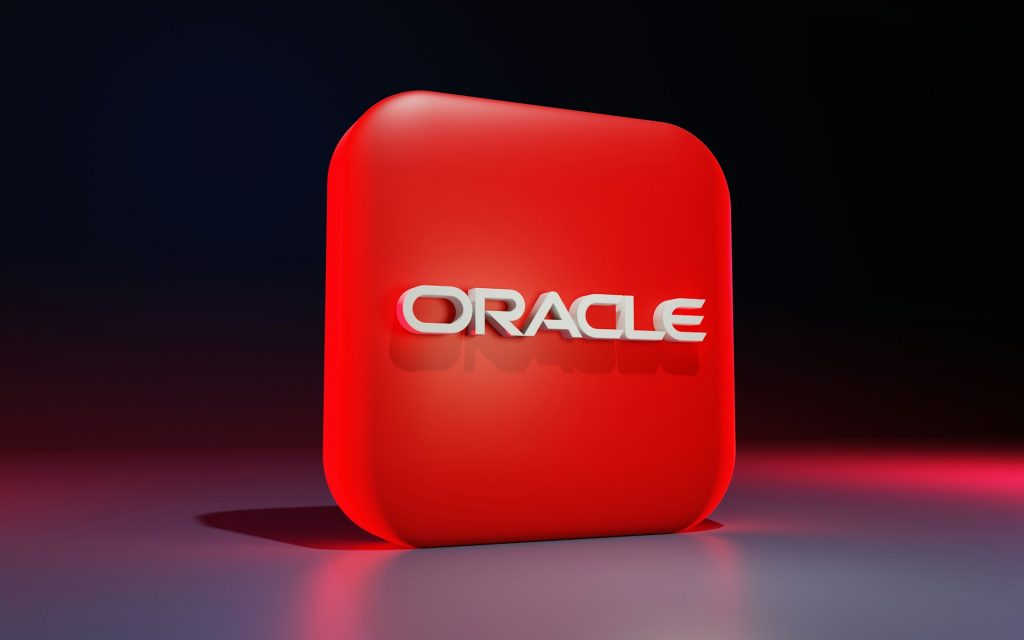Oracle Corporation has reported impressive growth in its cloud offerings, particularly in cloud-based computing services, as announced by the company in Austin, Texas. The SAP SE competitor revealed a significant agreement with Amazon subsidiary AWS, which will allow Oracle databases to be increasingly hosted on AWS’s cloud platform. Company founder Larry Ellison also addressed concerns regarding the potential of artificial intelligence (AI) to boost Oracle’s future prospects. As a result, Oracle’s stock surged nearly 9% in pre-market trading on Tuesday.
This price increase continues Oracle’s strong momentum throughout the year. The stock has already risen by about one-third in 2024. Although SAP, Oracle’s German rival, has posted similar growth, its market valuation continues to lag behind. As of the previous day’s close, Oracle boasted a market capitalization of around $386 billion, or roughly €349 billion, compared to SAP’s €225 billion. The two companies are direct competitors in enterprise resource planning (ERP) software. Oracle’s founder, Ellison, holds more than 41% of the company’s shares.
CEO Safra Catz reaffirmed the company’s goal of achieving double-digit revenue growth this year—a target that many analysts had previously doubted. The newly announced AWS database deal was well received by experts, following similar agreements Oracle had secured with Microsoft and Alphabet. JPMorgan analyst Mark Murphy noted the positive statements made by Larry Ellison regarding AI, highlighting his optimism. Ellison serves as both the chairman of the board and Oracle’s chief technology officer.
In the three months leading up to the end of August, Oracle’s revenue grew by 7% year-over-year to $13.3 billion (approximately €12 billion). Cloud revenue rose by more than 20% to $5.6 billion, with the infrastructure-as-a-service (IaaS) segment seeing nearly 50% growth. Oracle has been heavily expanding its cloud infrastructure offerings to compete with leading providers such as AWS, Google Cloud, and Microsoft Azure.
Ellison expressed confidence in the company’s AI division, noting that AI applications and training largely depend on data centers, an area where Oracle’s new business segment plays a key role. He emphasized that the ongoing race to develop increasingly efficient neural networks will continue to fuel demand for computing power. Additionally, Ellison predicted that the average costs of operating data centers would decline significantly as they scale. However, market doubts have persisted regarding when or if the heavy investments in AI technology and chips will pay off for companies.
Oracle’s adjusted operating income rose 13% for the quarter to $5.7 billion, while net income jumped 21% to $2.9 billion. Adjusted earnings per share increased by 17% to $1.39, exceeding analyst expectations. Overall revenue was in line with forecasts.
Jefferies Raises Oracle Price Target to $170 – Buy
Research firm Jefferies raised its target price for Oracle from $150 to $170 and maintained its “Buy” rating. Analyst Brent Thill praised Oracle’s ability to accelerate growth during what is typically a slower seasonal quarter. All eyes are now on Thursday’s analyst day, where Oracle is expected to announce targets for the 2026 fiscal year and beyond.
JPMorgan Maintains Neutral Rating for Oracle with $120 Price Target
Meanwhile, JPMorgan kept its “Neutral” rating for Oracle, setting a price target of $120. According to analyst Mark Murphy, Oracle’s comparable revenue growth in the first fiscal quarter exceeded the previous quarter’s weaker performance and reached the upper end of the company’s target range. However, the company’s projections for the current quarter fell slightly below consensus expectations.
